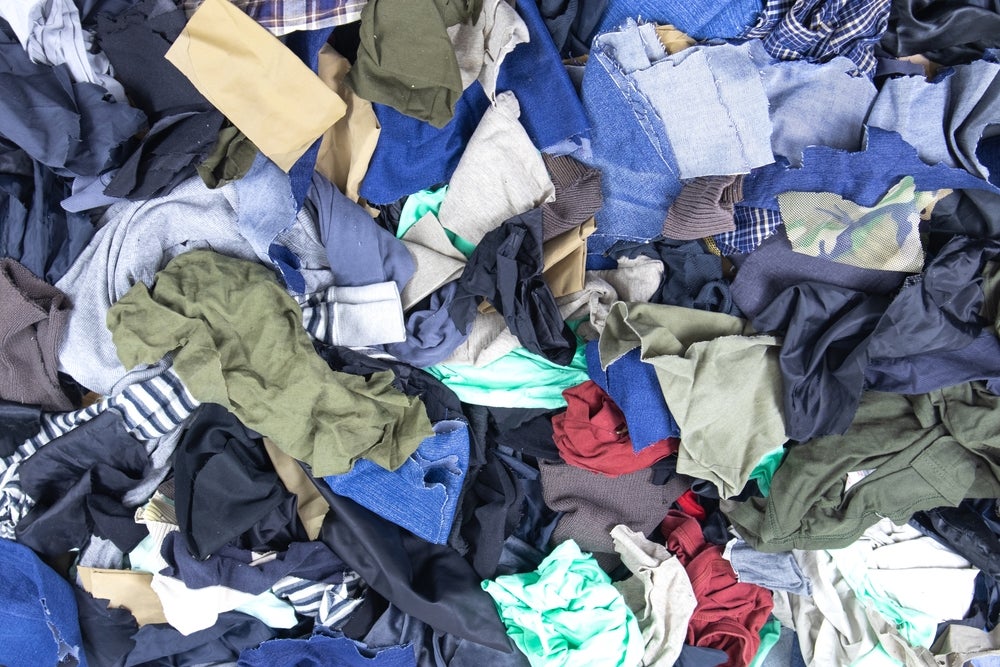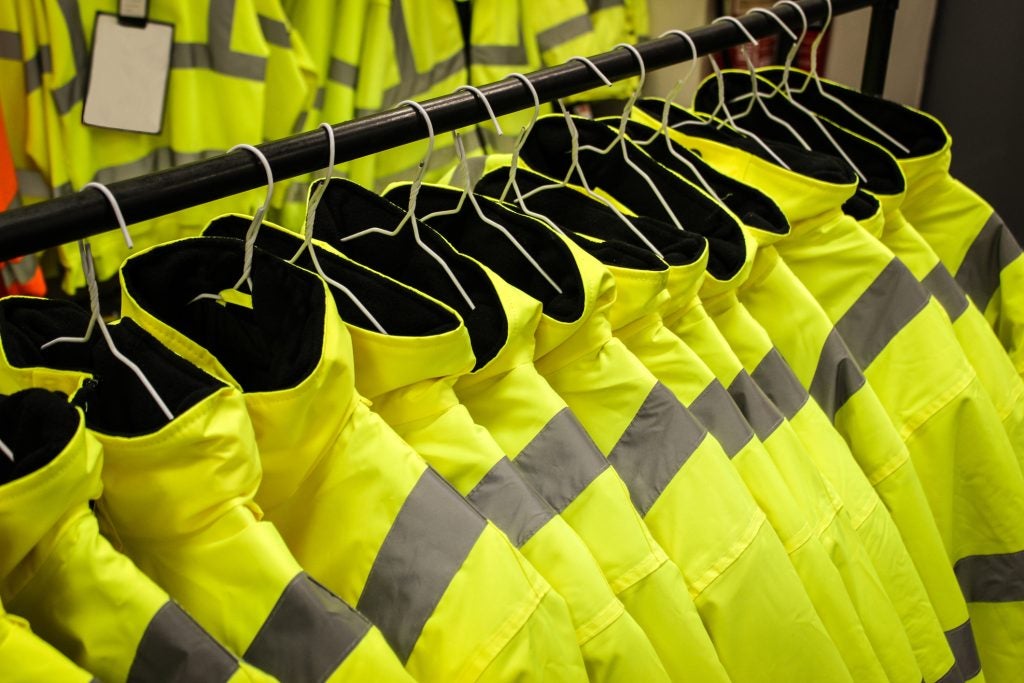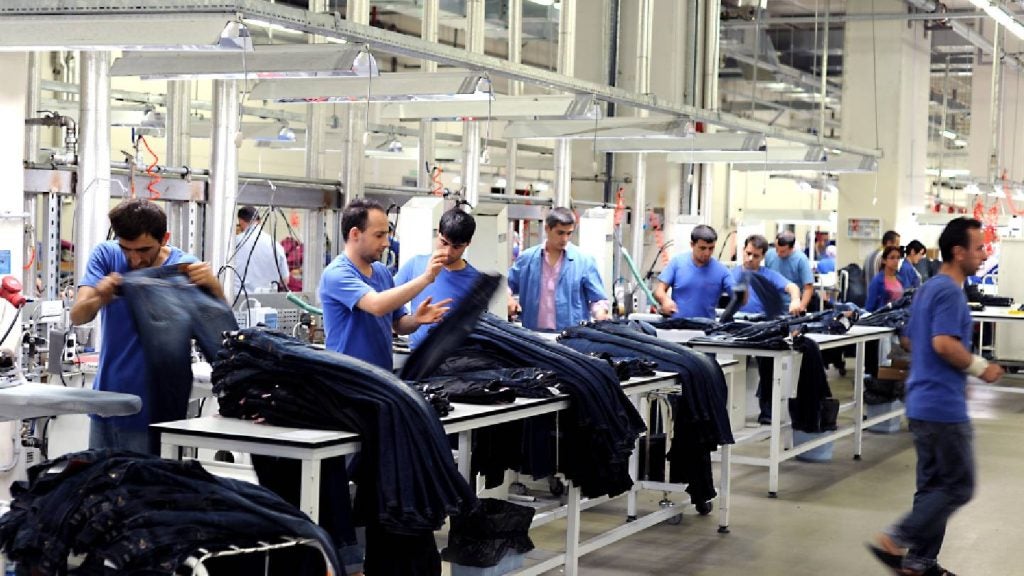The German associations have shared a declaration of intent and position paper to take joint responsibility and contribute to a sustainable solution for textiles with regard to EPR at an early stage.
The associations note that the introduction of Extended Producer Responsibility (EPR) for textiles will fundamentally change the textile and fashion industry in the coming years.
The six associations include:
- German Retail Association (HDE)
- German Textile and Fashion Industry Association (textil+mode)
- BTE Federal Association of the German Textile, Shoe and Leather Goods Retailers
- Federal Association of the German Sporting Goods Industry (BSI)
- German Fashion Association Germany
- Federal Association of E-Commerce and E-Commerce Versandhandel Deutschland e.V. (bevh).
The joint declaration of intent and position paper shares six central demands for a future model, including:
- An organised system
- Role of legislature
- Market surveillance
- Environmental objectives and eco-modulation
- Consumer information and communication
- Collection and recycling infrastructure
The sector is keen to point out that as part of the EU Waste Framework Directive, the industry faces the challenge of developing a system by 2028 that combines ecological effectiveness, resource conservation and practical take-back structures with a functioning market environment.
In the future, manufacturers who place textiles on the market in the EU will bear the costs of collection, sorting and recycling.
In addition, manufacturers will have to provide precise information about the quantities of textiles placed on the market in the future.
The associations say they are particularly committed to private-sector, competitively open, ecologically effective and at the same time efficient as well as low-bureaucracy organisation for the management of the EPR.
The group also suggests the national implementation in Germany must take place in close exchange with industry, and legislators should focus on minimum requirements.
In addition, it is considered essential to ensure consistent market surveillance, especially with regard to third countries. Sanction mechanisms must also include foreign retailers and online marketplaces to create a level playing field.
On top of collection quotas, ecological product requirements and a Europe-wide uniform with low-bureaucracy ecomodulation are also necessary.
The focus is also on fair distribution in the financing of consumer communication.
Campaigns should be developed with the involvement of all stakeholders and supplemented by political measures, and transparency in the use of license fees is mandatory.
Ultimately, however, the group states a functioning EPR system needs an economically viable infrastructure – both nationally and European with voluntary collections by manufacturers and retailers being rewarded.
Existing structures should be maintained and further developed if they make ecological and economic sense.
In the next step, the association suggests that other relevant actors – especially from the waste management and recycling industry – should be actively involved in the process.
The aim is to bring together existing ambiguities and divergent positions into a common solution.














